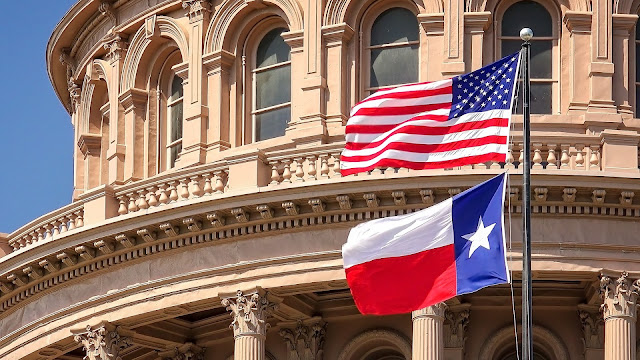A Texas House bill that would nullify non-disclosure agreements (NDAs) in cases of child sexual abuse and human trafficking has moved forward in the legislative process following emotional testimony from survivors.
House Bill (HB) 748, known as Trey’s Law, was heard and unanimously voted out of committee on Wednesday. Authored by Rep. Jeff Leach (R-Plano), the bill seeks to ensure that NDAs cannot be used to silence victims of child sexual abuse. Companion legislation has been filed in both the House and Senate, including Senate Bill (SB) 835 by Sen. Angela Paxton, SB 1587 by Sen. Kelly Hancock (R-North Richland Hills), HB 2411 by Rep. Mitch Little (R-Lewisville), and HB 1974 by Rep. David Cook (R-Mansfield).
Leach, joined by joint authors Cook, Little, and Rep. Morgan Meyer (R-University Park), explained the necessity of the bill before the House Judiciary and Civil Jurisprudence Committee.
A Law to Break the Silence
“Under current law, there is no specific provision that explicitly prohibits the use of nondisclosure agreements or similar confidentiality agreements as part of a civil suit settlement with victims of sexual abuse,” Leach stated. “As a result, many victims feel trapped, silenced, and feel like justice was never truly served.”
Leach emphasized that NDAs in such cases allow perpetrators to remain hidden and continue harming others. Trey’s Law would make these agreements legally void and unenforceable in Texas, ensuring that victims are not legally bound to silence.
Survivors Speak Out
The committee hearing featured powerful testimony, including from Elizabeth Carlock Philips, whose late brother, Trey Carlock, is the bill’s namesake. Trey, a survivor of sexual abuse at Kanakuk Camps, died by suicide in 2019 after settling a lawsuit that included an NDA.
Philips recounted her brother’s pain, recalling his words to a therapist: “They will always control me, and I'll never be free.”
“Trey was silenced to the grave,” she said tearfully. “He hesitated even to tell his story in confidential therapeutic settings for fear that Kanakuk would come after him.”
She explained how victims often feel pressured into signing NDAs, not because they are physically forced, but because they are emotionally and mentally exhausted from legal battles. “You want to move on and hopefully heal. So you accept the payout, but it feels like a bribe. My brother referred to his settlement as blood money … As if he had betrayed his own soul. And it killed him.”
Another witness, Cindy Clemishire, testified about her decades-long fight for justice. Clemishire was abused as a child by televangelist Robert Morris, who was recently indicted in Oklahoma on multiple felony charges. She recalled how, in 2007, she was offered a $25,000 settlement—on the condition that she sign an NDA. She refused.
“That was 18 years ago,” Clemishire said. “Because I refused to sign that document giving up the right to freely speak about events in my life … almost 43 years after my abuse began, Robert Morris was indicted.”
Rep. Leach, visibly moved by Clemishire’s testimony, noted that his own wife, a survivor of childhood sexual abuse, was also 12 years old when she was first attacked.
Legislation Gains Momentum
The committee moved swiftly, unanimously voting HB 748 out within an hour of its introduction. The strong bipartisan support suggests the bill is likely to pass through the full Legislature.
If enacted, Trey’s Law would send a clear message: in Texas, victims of child sexual abuse and human trafficking will no longer be legally silenced. Survivors will have the right to speak out, seek justice, and ensure that predators can no longer hide behind confidentiality agreements.















